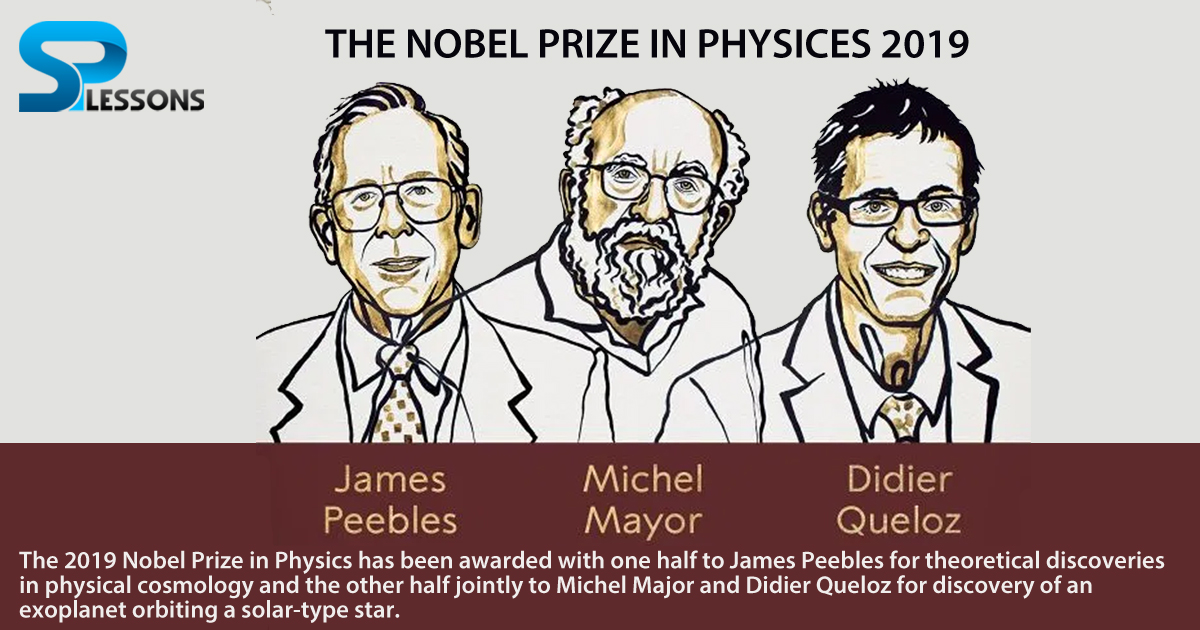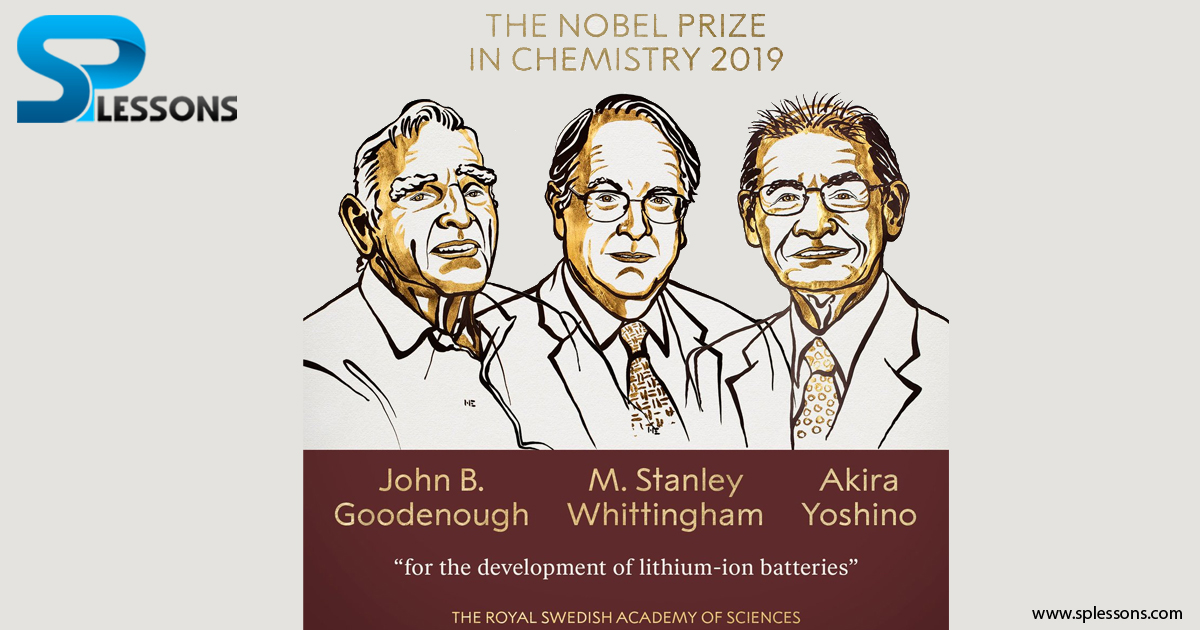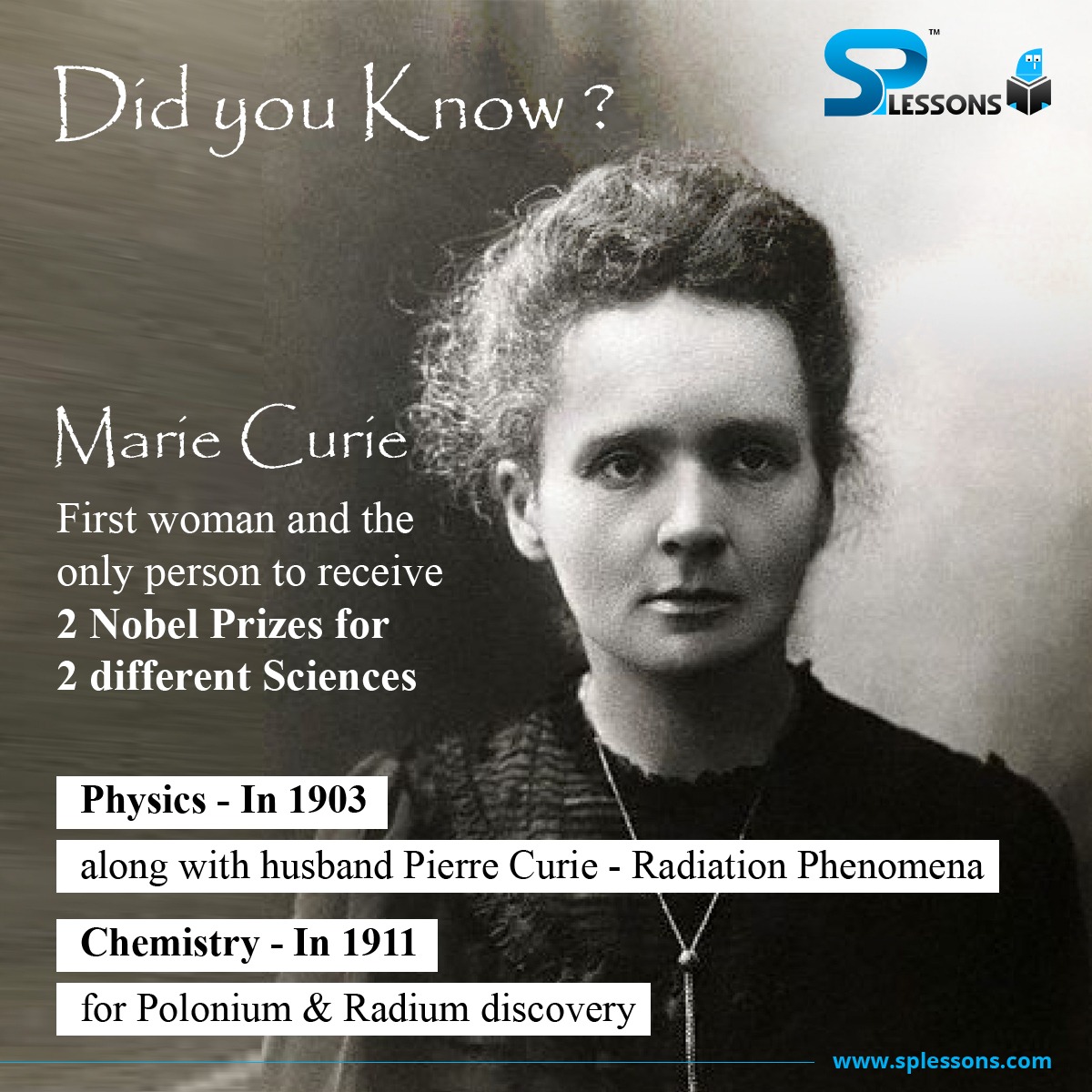 Introduction
Introduction
The article Nobel Prize Winners List provides the complete list of the prestigious Nobel Prize Winners for the year 2019. The article Nobel Prize Winners List is very helpful for the Static GK section in several bank related exams like IBPS PO, IBPS SO, IBPS Clerk, etc. The main aim of the article Nobel Prize Winners List is to help the aspirants at the time of exams and to maintain accuracy to score maximum marks.
 History
History
Nobel Prize Winners List: History
- The Nobel Prize is a set of global honors presented in several categories by Swedish Norwegian establishments in acknowledgment of scholastic, social, or logical advances. The desire of the Swedish researcher Alfred Nobel built up the five Nobel prizes in 1895.
- The prizes in Chemistry, Literature, Peace, Physics, and Physiology or Medicine were first granted in 1901. In 1968, Sweden's national bank, Sveriges Riksbank, built up the Sveriges Riksbank Prize in Economic Sciences in Memory of Alfred Nobel, which, despite the fact that not being a Nobel Prize, has turned out to be casually known as the "Nobel Prize in Economics".
- The prizes are generally viewed as the most prestigious awards available in the fields of chemistry, literature, peace activism, physics, and physiology or medicine.
 Awards
Awards
| Field | Winners | Description |
|---|---|---|
| Medicine (or) Physiology | William G. Kaelin Jr., Sir Peter J. Ratcliffe and Gregg L. Semenza for their work in discovering how cells adapt to varying oxygen levels. | The three researchers- William G. Kaelin Jr., Sir Peter J. Ratcliffe and Gregg L. Semenza had discovered how the cells can sense and adapt to changing oxygen availability. They had identified molecular machinery that regulates the activity of genes in response to varying oxygen levels. The discoveries revealed the mechanism for one of life’s most essential adaptive processes. They established the foundation of understanding how oxygen levels affect cellular metabolism and physiological function. |
| Physics | James Peebles, Michel Mayor and Didier Queloz | The Nobel Prize in Physics 2019 recognizes the work in understanding the structure and history of the universe and the first discovery of an exo-planet, as the discoveries have completely changed the conception of the world. |
| Chemistry | John B Good enough, M Stanley Nottingham and Akira Yoshino for the development of lithium-ion batteries | The Nobel Prize in Chemistry rewards the development of lithium-ion batteries, as the lightweight, rechargeable and powerful batteries are used in almost every kind of wireless electronics these days, ranging from mobile phones and laptops to electric vehicles. The lithium-ion batteries can also store vast energy from solar and wind power, making possible a fossil fuel-free society. |
| Literature | Austrian author Peter Handke has won the 2019 Nobel Prize in Literature. | Peter Handke was awarded "for an influential work that with linguistic ingenuity has explored the periphery and the specificity of human experience." |
| Peace | Ethiopian Prime Minister Abiy Ahmed | for ending 20 years of hostility with neighbouring Eritrea. |
| Economics | Indian-American Abhijit Banerjee, his wife Esther Duflo, and Michael Kremer | for experimental approach to alleviating global poverty" |






